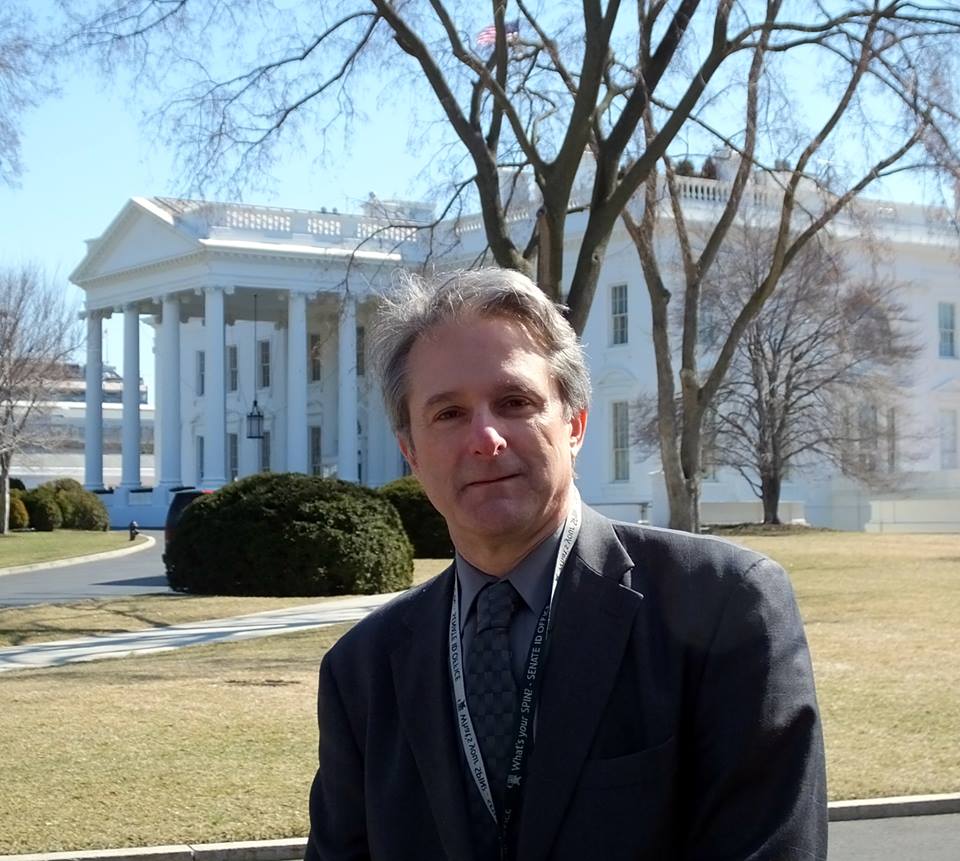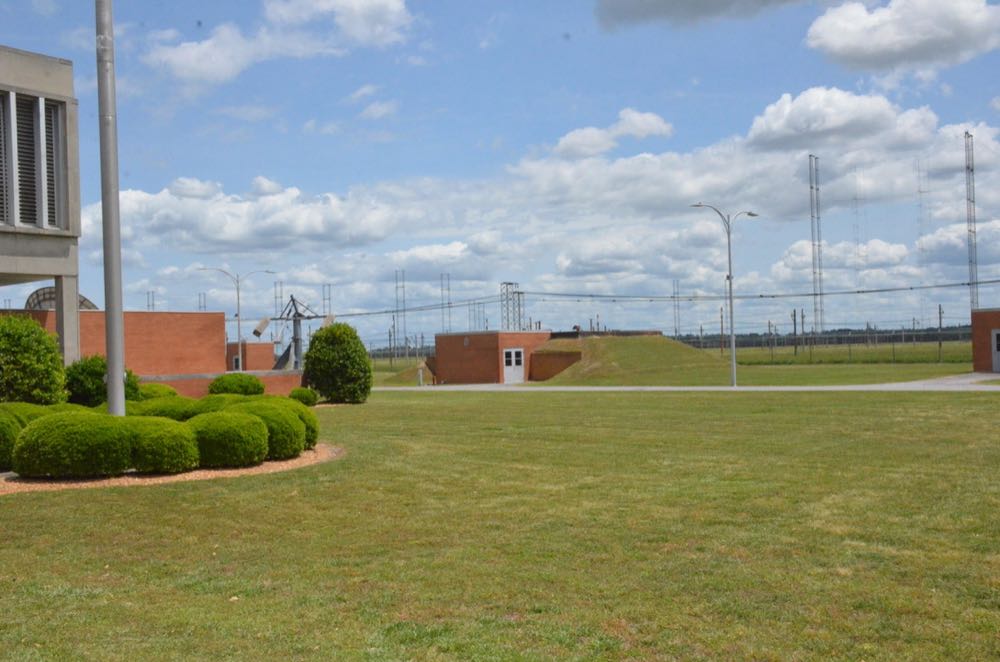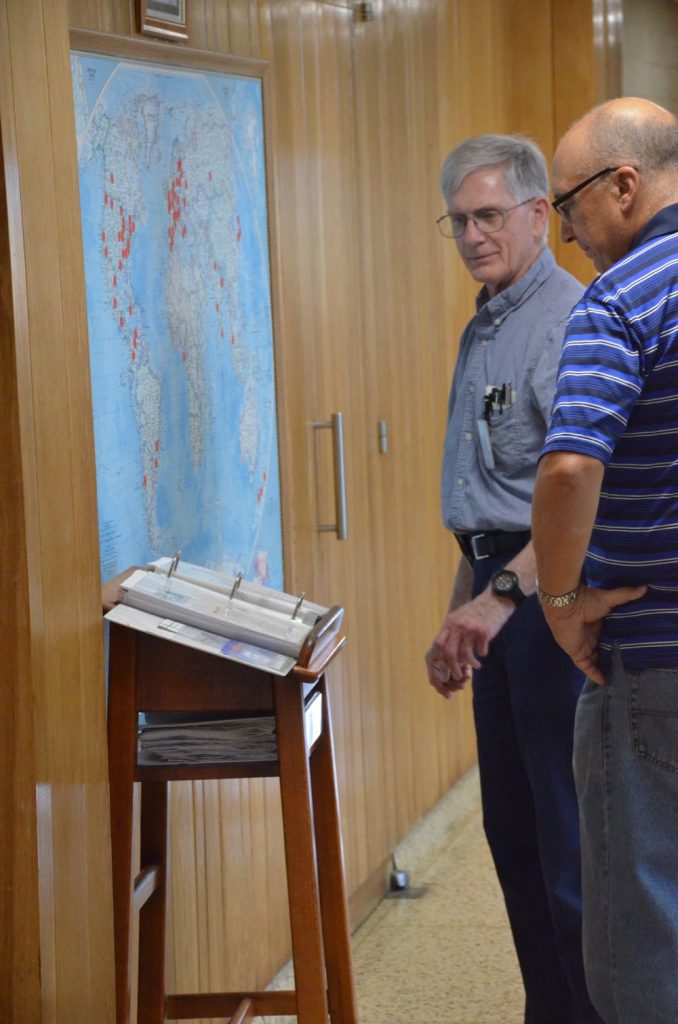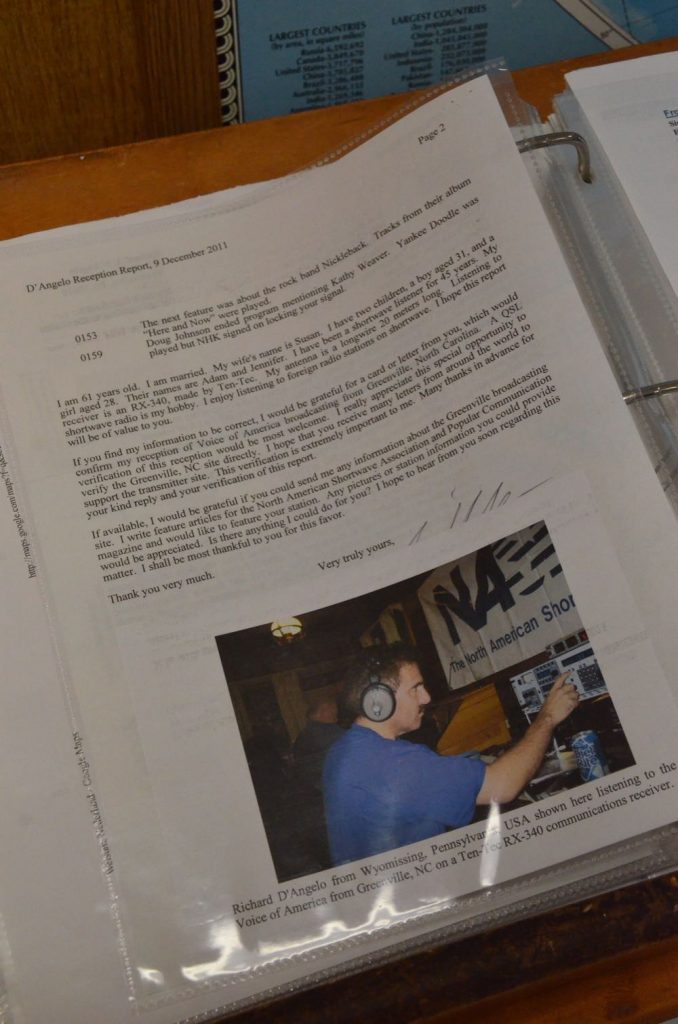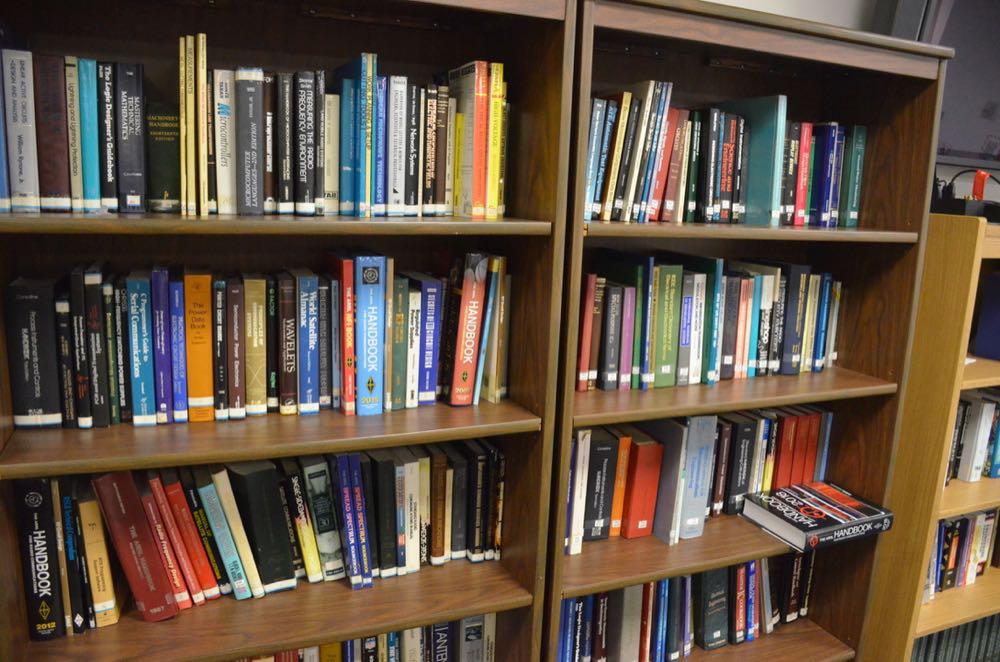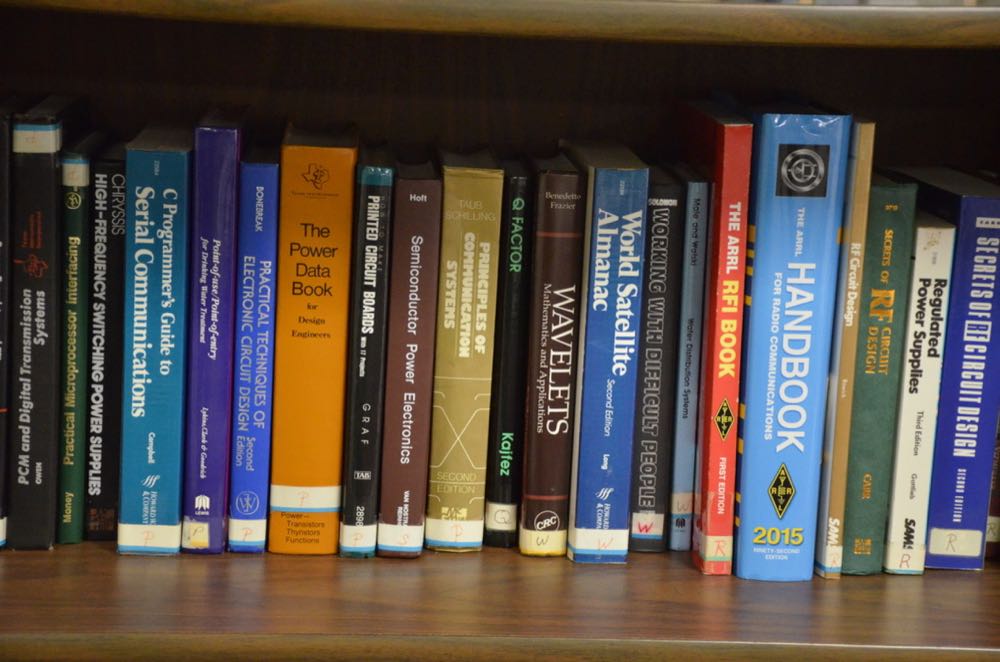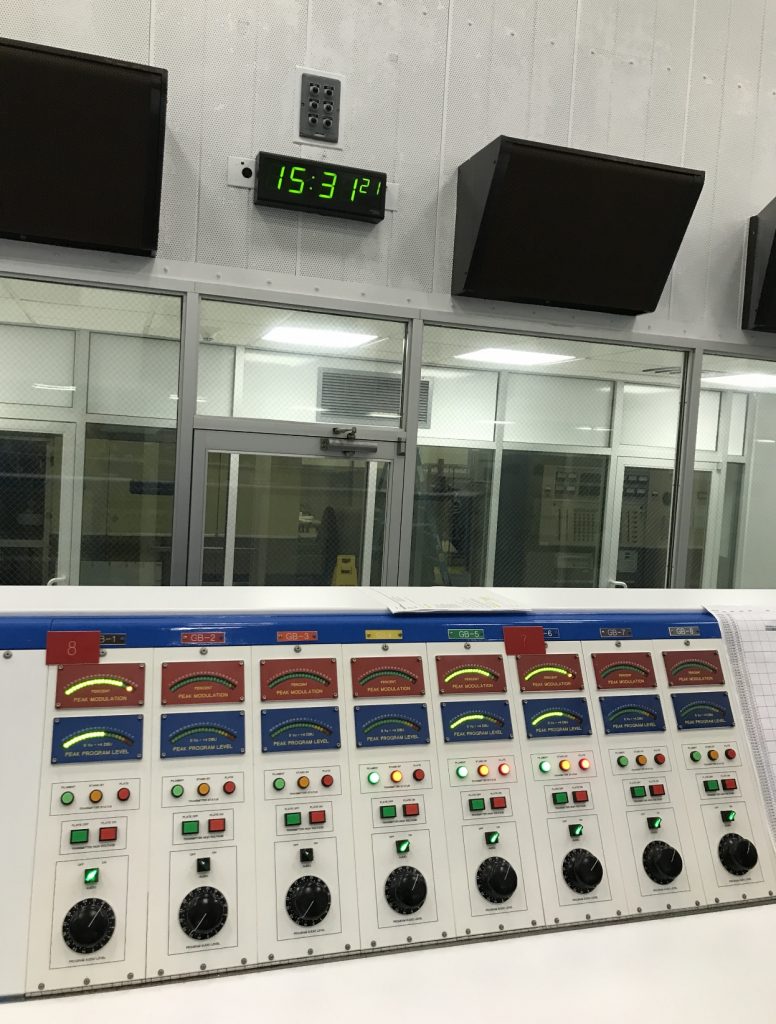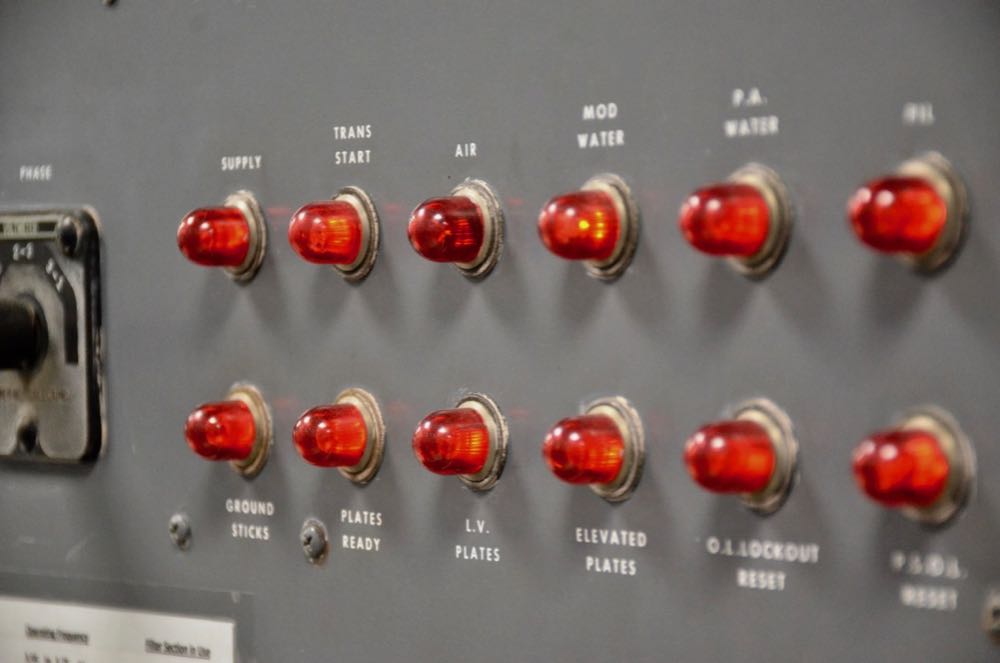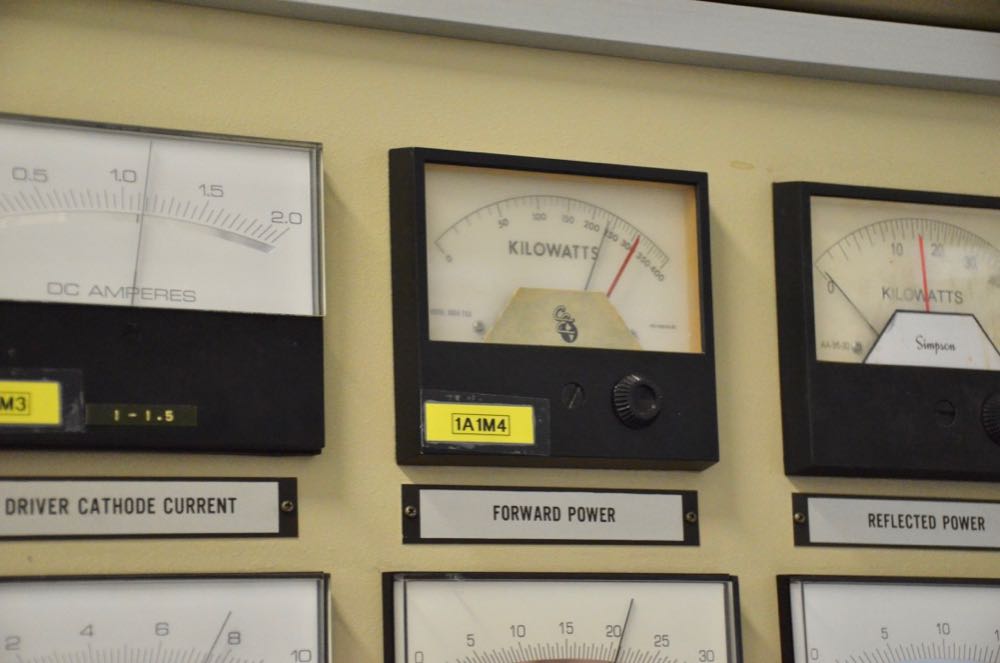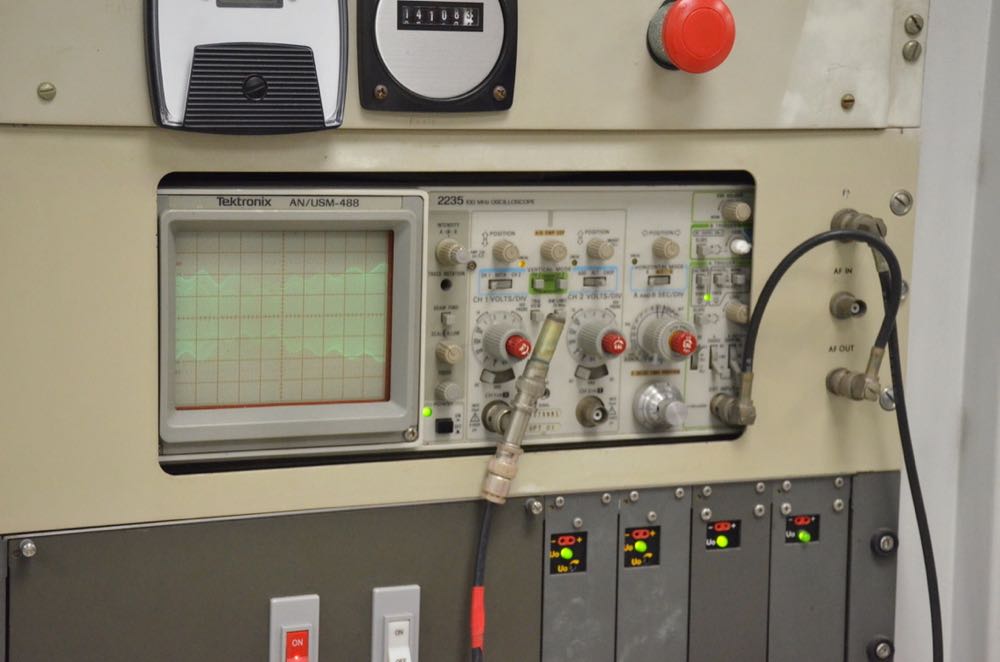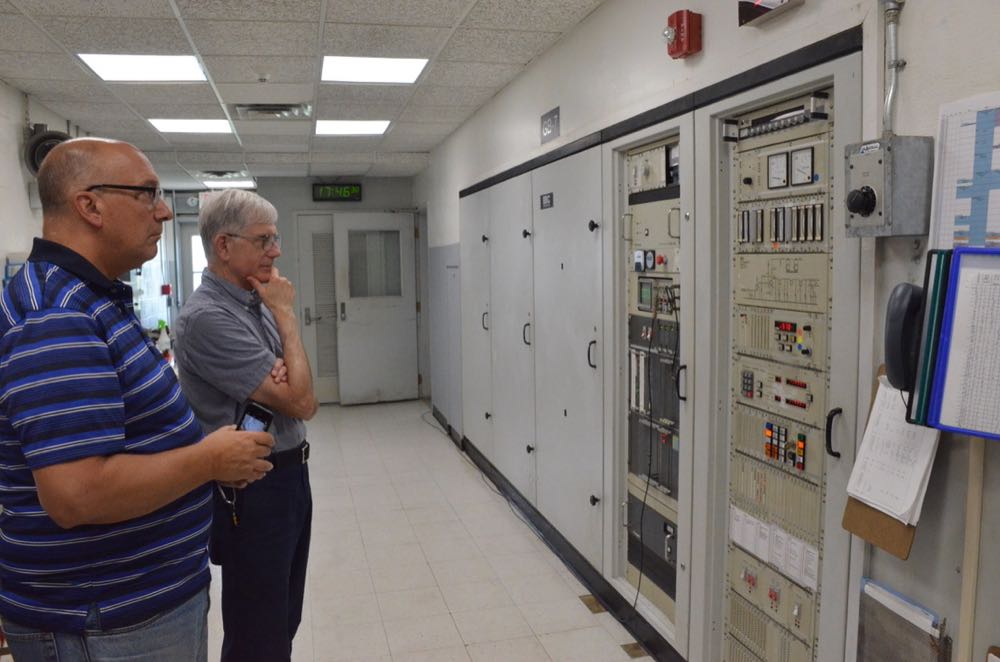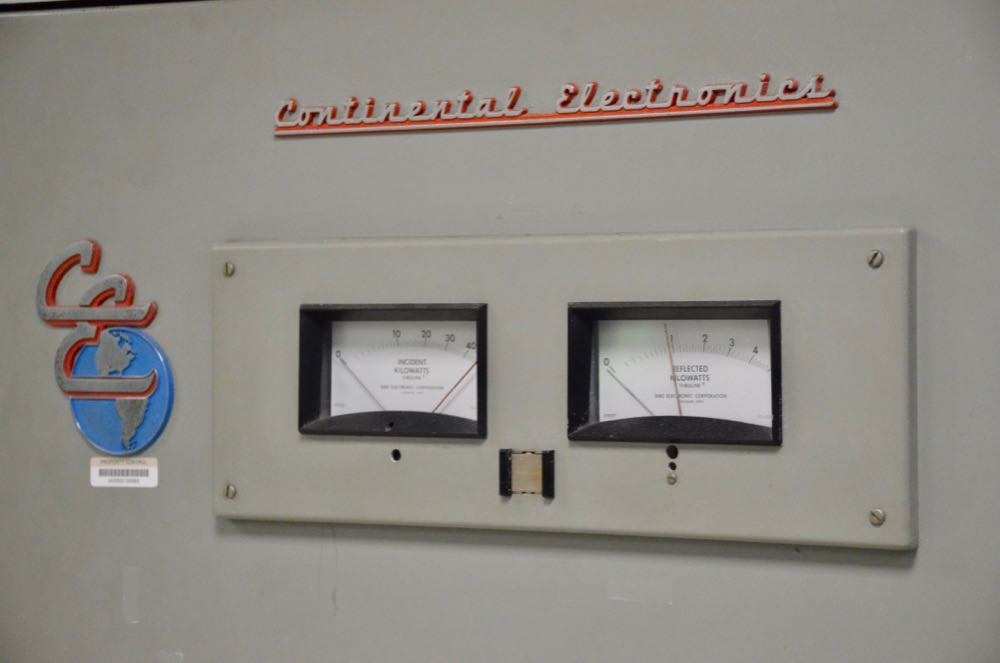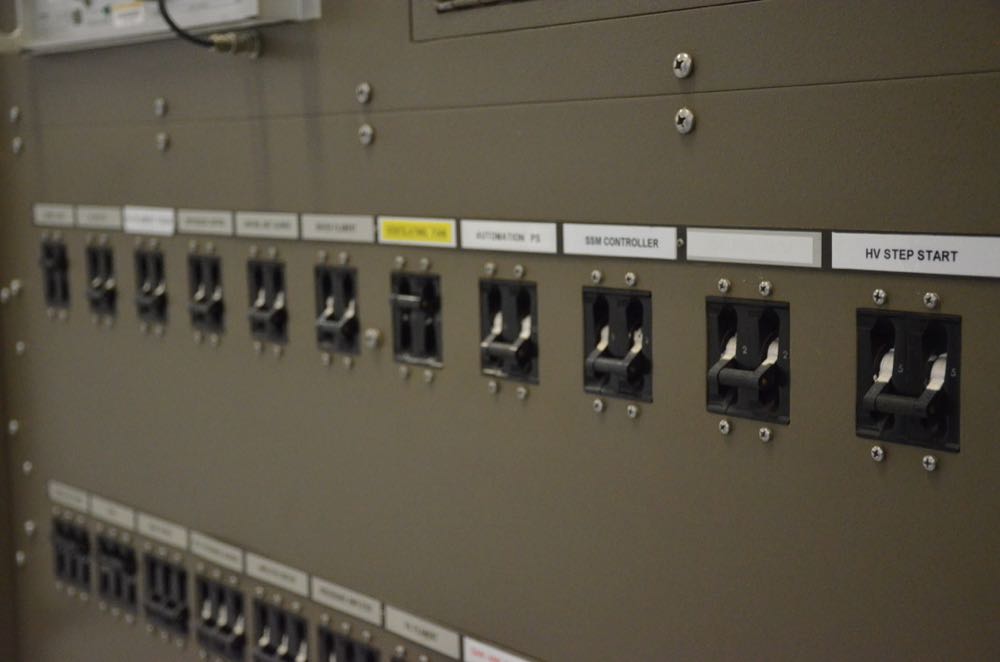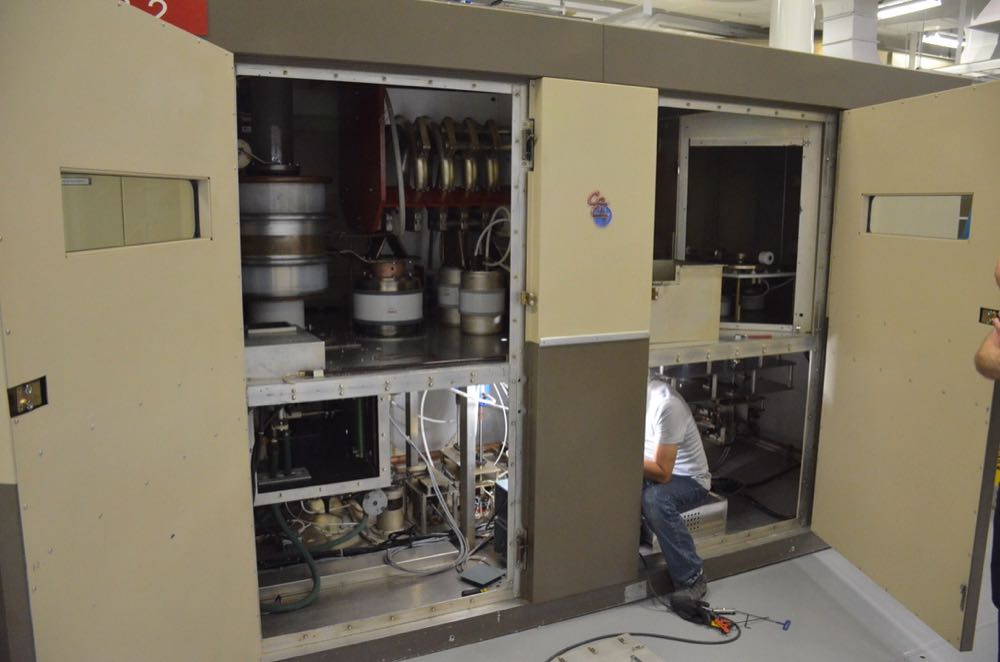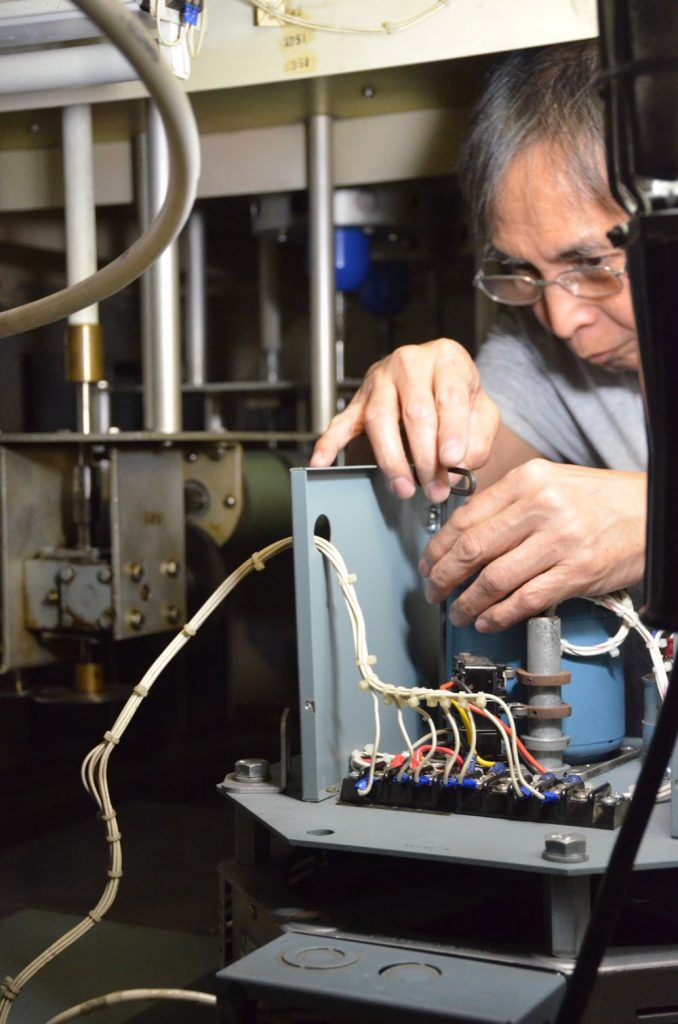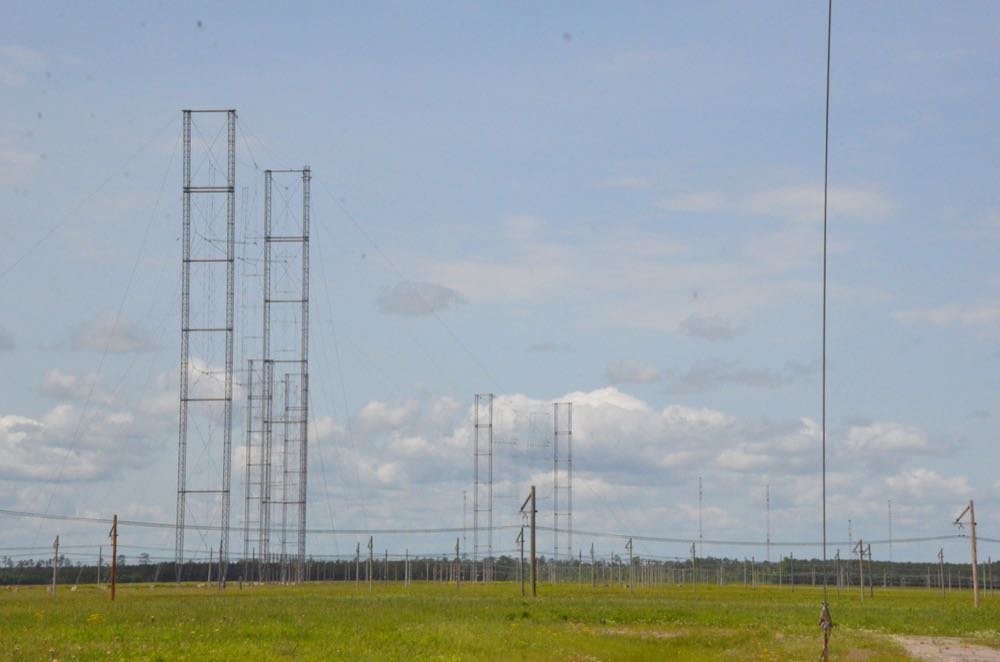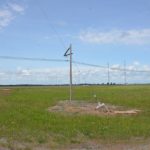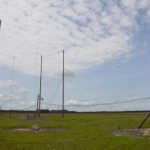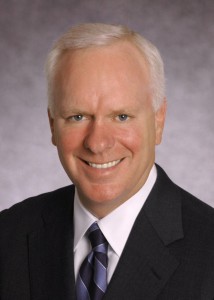
by Dan Robinson
This article appearing in the Washington Business Journal reports that President Joe Biden signed legislation that orders the sale of the Wilbur Cohen Building at 330 Independence Avenue, which has been headquarters to the U.S. Agency for Global Media (ex-Broadcasting Board of Governors) and Voice of America for many decades.
Relocation of the agency and VOA has been in the planning stages for the last several years, with the USAGM CEO and other officials claiming that savings from standing down the Cohen Building, which was constructed between 1939 and 1940, in stages would more than pay for the relocation.
However, sources inside the agency have doubts. The new building selected by the now outgoing CEO, Amanda Bennett, at 1875 Pennsylvania Avenue, NW — just a couple blocks from the White House, is currently just office space with no production/broadcast facilities.
A report by the consulting firm Deloitte lays out a multi-year timeline for the agency through 2027. It contains the following description: “New facility was previously only office space and does not currently have the infrastructures to support Broadcast Technology needs. Facility will need to be retrofitted to do so.”

The article by Ben Peters of Washington Business Journal says:
“Congress has directed the General Services Administration to sell the storied Wilbur J. Cohen Federal Building as part of the government’s ongoing efforts to offload underutilized real estate assets. The Biden Administration last week signed off on the Thomas R. Carper Water Resources Development Act of 2024 that, among its many provisions, requires GSA to sell the 330 Independence Ave. SW, located a crosswalk away from the National Mall, “for fair market value at highest and best use” no later than two years following the vacancy of its last remaining federal agency.
It goes on to note that USAGM and VOA are believed to be the only occupant of the building. At 1.2 million square feet, the Cohen Building far exceeds the area of the planned new headquarters building, but agency officials have asserted that much of the Cohen Building space was not actually used.
Nevertheless, employees are wondering how agency staff at current levels will be able to fit at 1875 Pennsylvania Avenue, and this has been the subject of questions at recent internal Town Hall meetings.
Washington Business Journal continues: “If sold, the Cohen building would join a growing list of federally owned properties that have been or remain in the process of being offloaded as the GSA accelerates long-standing plans to cut back the federal real estate portfolio. That work is expected to accelerate under the incoming second Trump administration.”
“USAGM last year signed a 15-year deal to relocate and downsize its offices from 698,000 square feet at the Cohen building into 350,000 square feet at the EastBanc-owned 1875 Pennsylvania Ave. NW. The deal represented by far D.C.’s largest fourth-quarter lease transaction, helping to move the District’s office vacancy rate down ever so slightly for the first time in years.”
The article also quotes a 2024 report by the Public Buildings Reform Board, which found that USAGM’s offices at Cohen were just 2% full between January and September 2023. The large office space there has a capacity of 3,431 workers but saw, on average, just 72 people actually using it each day during that period, the report said.”
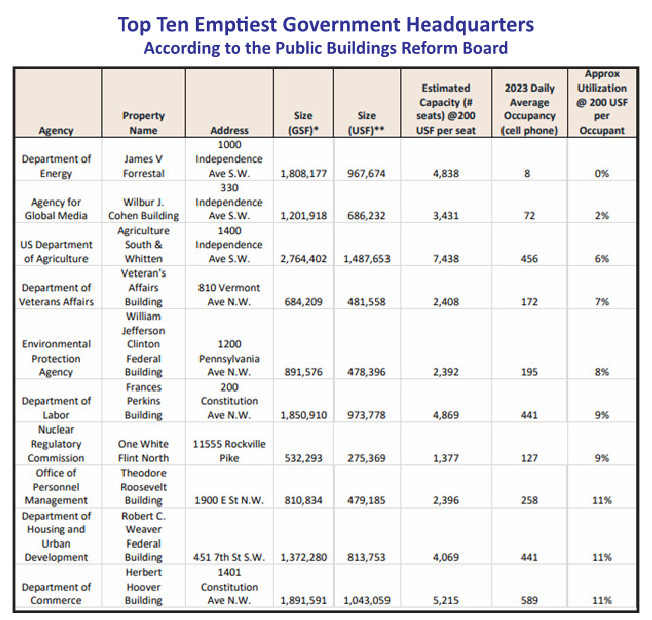
The low occupancy of the Cohen Building came to the attention of members of Congress preparing reports on the abuse of telework and remote work by federal employees, prominent among which is Senator Joni Ernst (R-IA).
One photo of VOA’s near-empty newsroom, taken by a tourist visiting VOA, appeared on the World of Radio group, directly contrasting with what once was a vibrant VOA central news operation.

As Government Executive detailed here, Senator Ernst proposed “a trio of bills targeting Washington, D.C.,-area federal employees that would mandate agencies move staff—or their entire headquarters—out of the region, as well as more closely track teleworkers’ activities.
The Decentralizing and Reorganizing Agency Infrastructure Nation-wide to Harness Efficient Services, Workforce Administration and Management Practices—or DRAIN THE SWAMP—Act (S. 23) would require all non-national security agencies to relocate 30% of their headquarters staff outside of the D.C. area within one year of the measure’s enactment.
The Requiring Effective Management and Oversight of Teleworking Employees Act (S. 21) would “require agencies to measure the login data and network traffic—that is, the amount and rate of data flow—from teleworking federal workers’ computers to ensure that they are doing their jobs while outside of traditional work sites.
Another bill, Strategic Withdrawal of Agencies for Meaningful Placement Act (S. 22), would bar agencies from undertaking renovations or renewing the leases of their D.C.-area headquarters and instead require them to solicit bids from other cities to relocate outside of the national capital region. It is worth noting that 85% of the federal workforce already lives and works outside of the D.C. area.
Ernst directly cites low occupancy rates at agencies’ D.C. headquarters, saying she was “already working hard on my top priorities—to drain the swamp, save tax dollars and get federal employees back to serving the American people,” Ernst said in a statement.
A lot of history took place in the Cohen Building, including President Ronald Reagan’s visit, during which this photo was taken. I was in the building in the early years of a 34-year career with VOA when this visit occurred.

It’s clear that VOA and USAGM itself face potential downsizing especially at a time when the focus of the incoming second Trump administration is on reducing waste of taxpayer funds by federal agencies. The extent to which the agency has its budget (which stood at about $950 million in 2025) reduced remains to be seen.

